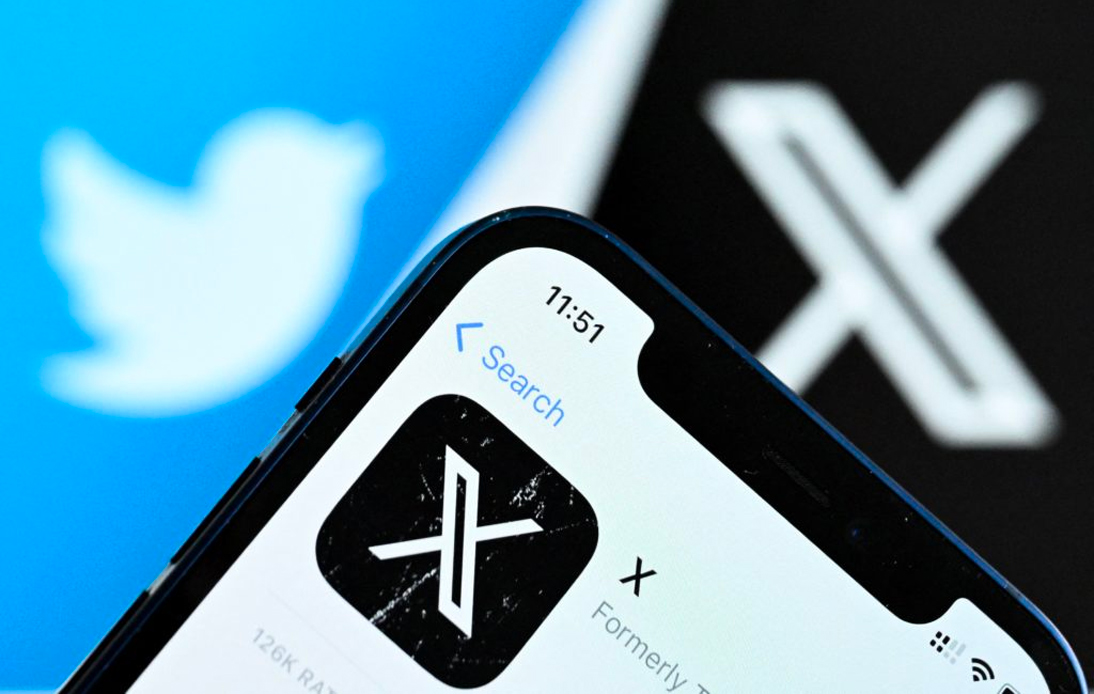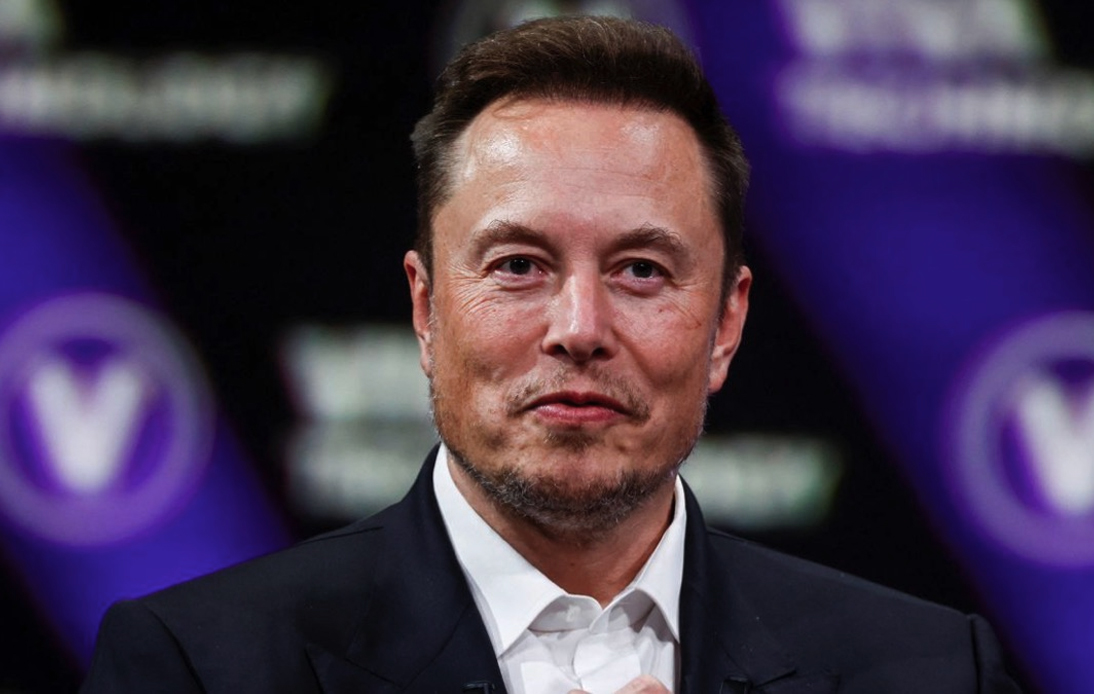
A growing number of advertisers are withdrawing from social media platform X, previously known as Twitter, in response to rising concerns over antisemitism on the site.
Major companies like Apple, Disney, Comcast, and Warner Brothers Discovery have stopped advertising on this platform, as reported by US media, following IBM’s earlier decision to do the same.
Additional organizations including the European Commission, TV network Paramount, and movie studio Lionsgate have withdrawn their advertising investments from the platform.
This boycott was sparked after the platform’s owner, Elon Musk, promoted an antisemitic stereotype.
The movement against advertising on this platform gained momentum following a report by a US organization that highlighted advertisements appearing alongside pro-Nazi content on the site.
A representative for the platform stated the company does not intentionally align brands with such content and is committed to fighting antisemitism.
Musk faced criticism for responding to a post containing an antisemitic conspiracy theory, which he termed as “actual truth”.
Musk, known for founding Tesla and SpaceX, refuted accusations of antisemitism, clarifying that his comments were directed at organizations like the Anti-Defamation League (ADL) and certain “Jewish communities”, not all Jewish people.
The White House strongly condemned Musk’s endorsement of the antisemitic post. White House spokesperson Andrew Bates expressed the administration’s firm rejection of such hateful and racist promotion.
In an unusual move, the ADL commended Musk’s efforts to combat hate on the platform, particularly his stance against specific phrases seen as calls for the destruction of Israel.
Jonathan Greenblatt, CEO of the ADL, acknowledged Musk’s decision to potentially suspend users for using certain phrases as a significant step.
Linda Yaccarino, CEO of the platform, emphasized the company’s strong stance against antisemitism and discrimination.
The advertising boycott was also influenced by findings from Media Matters for America, a left-leaning group, which reported the appearance of company ads next to posts glorifying Nazis and denying the Holocaust.
IBM was the first to withdraw its ads from the platform, citing the unacceptable association of its advertisements with Nazi content.
Despite claims by the platform of enhanced brand safety measures and reduced hate speech and extremism, external groups challenge these assertions, especially under Musk’s ownership.
The exact proportion of the platform’s revenue from advertising is unknown, as it has become a private company and no longer discloses financial reports. Previously, advertising accounted for about 90% of Twitter’s revenue before Musk’s takeover.
Musk has been trying to reduce the platform’s reliance on advertising by introducing a paid membership model, offering a blue tick and boosted content for a monthly fee.
In an April interview with the BBC, Musk claimed that most advertisers were returning or planned to return. However, Musk later admitted on the platform that ad revenue had dropped by 50%.
Musk’s appointment of Yaccarino, a former advertising executive, was seen as a move to improve relations with advertisers.
Yet, the challenge remains in reconciling advertisers’ concerns over inadequate content moderation with Musk’s commitment to free speech.
Twitter investor Ross Gerber told the BBC that advertisers are particularly concerned about Nazi content not being removed.
Gerber emphasized that most brands strongly oppose association with such content, and losing advertisers over Nazi sympathies is highly counterproductive.
Musk, despite being immensely wealthy, faces financial pressures due to loans taken out to acquire Twitter, with interest payments adding to the burden.
The ongoing loss of advertising revenue could exacerbate the financial challenges for the platform.





















